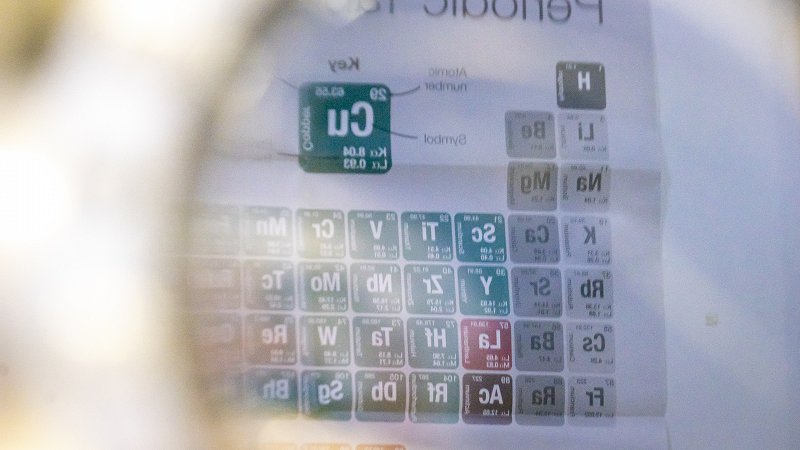Successful PhD Defense by Gregor Košir

On Monday, June 9th, our colleague, young researcher Gregor Košir, a PhD student in Physics, defended his doctoral dissertation entitled: "Detectors for Enhanced Spectroscopy of Exotic Nuclei at the FAIR Facility" In his dissertation, he presented the development and use of advanced detection systems to improve the efficiency of nuclear spectroscopy in experiments conducted at the FAIR facility.
FAIR (Facility for Antiproton and Ion Research) is a European research center for ion and antiproton studies, where a new accelerator is under construction, equipped with the Super-FRS (Superconducting Fragment Separator), which will enable more reliable studies of rare isotopes. While the Super-FRS is being built, research is being carried out using the existing synchrotron and the FRS separator. Within the DESPEC (Decay Spectroscopy) and HISPEC-10 (High-resolution In-flight Spectroscopy 10) experiments, exotic isotopes and their excited states are being studied.
By measuring the decays of excited states of exotic isotopes, we gain a unique insight into their structure and use the data to evaluate theoretical predictions. Due to limitations in the production of desired isotopes, it is essential to optimize the measurement efficiency using germanium detectors to successfully carry out the experiments. As part of his doctoral work, Gregor developed detectors based on BGO scintillators, which improve the sensitivity of the germanium spectrometer DEGAS. These auxiliary detectors operate in anti-veto mode with the germanium detector, thereby eliminating scattered gamma rays that would otherwise contribute to spectral noise.
Gregor also developed a system of cooled silicon detectors for the HISPEC-10 experiment, which will provide ion identification in the beam. These exotic ions decay rapidly, and for the data to be useful, it must be known which nucleus emitted each detected gamma ray. For the HISPEC-10 experiment, a prototype ion separation system was built for this purpose, capable of measuring energy loss and the total kinetic energy of each individual ion in the beam.